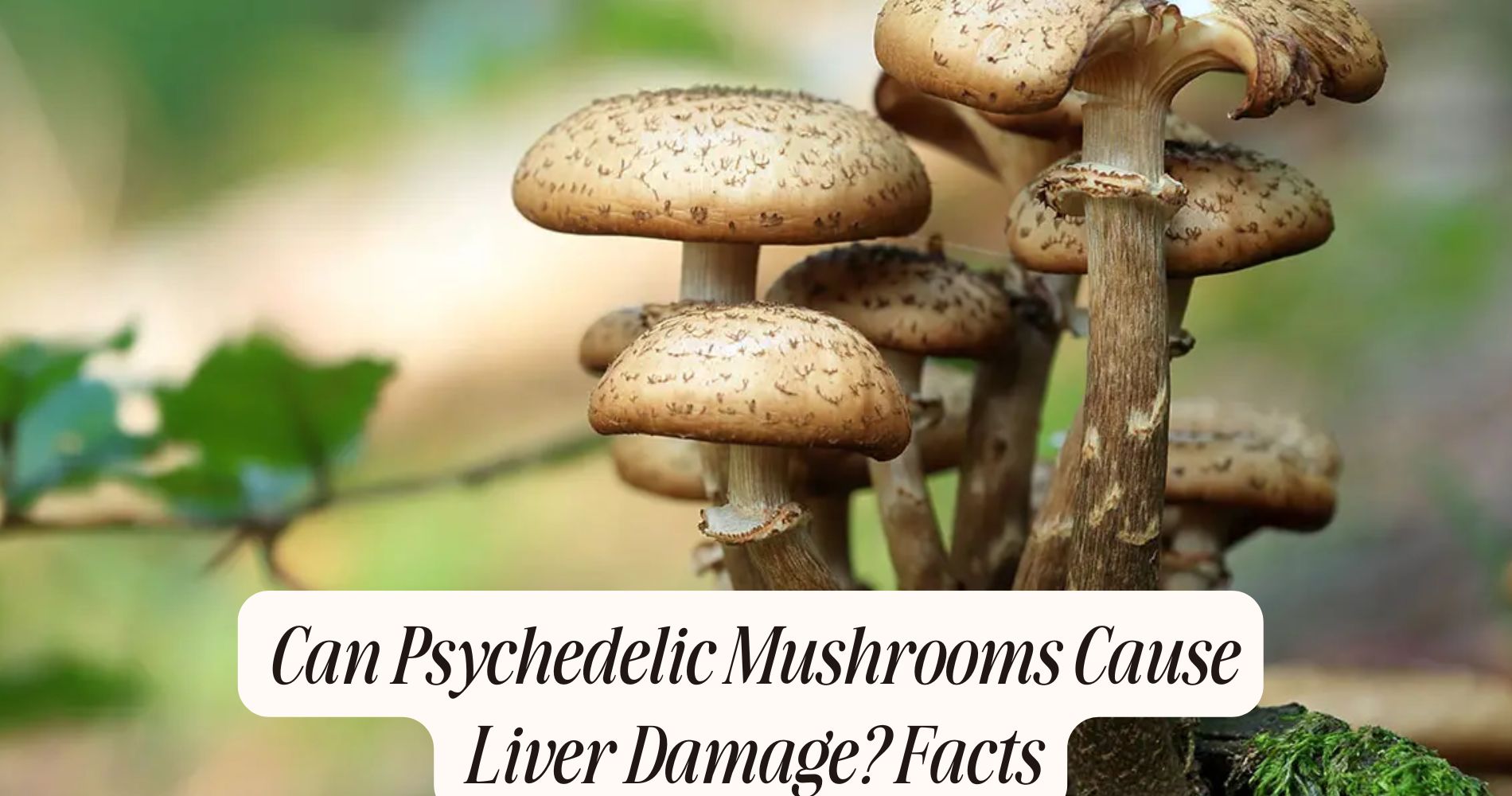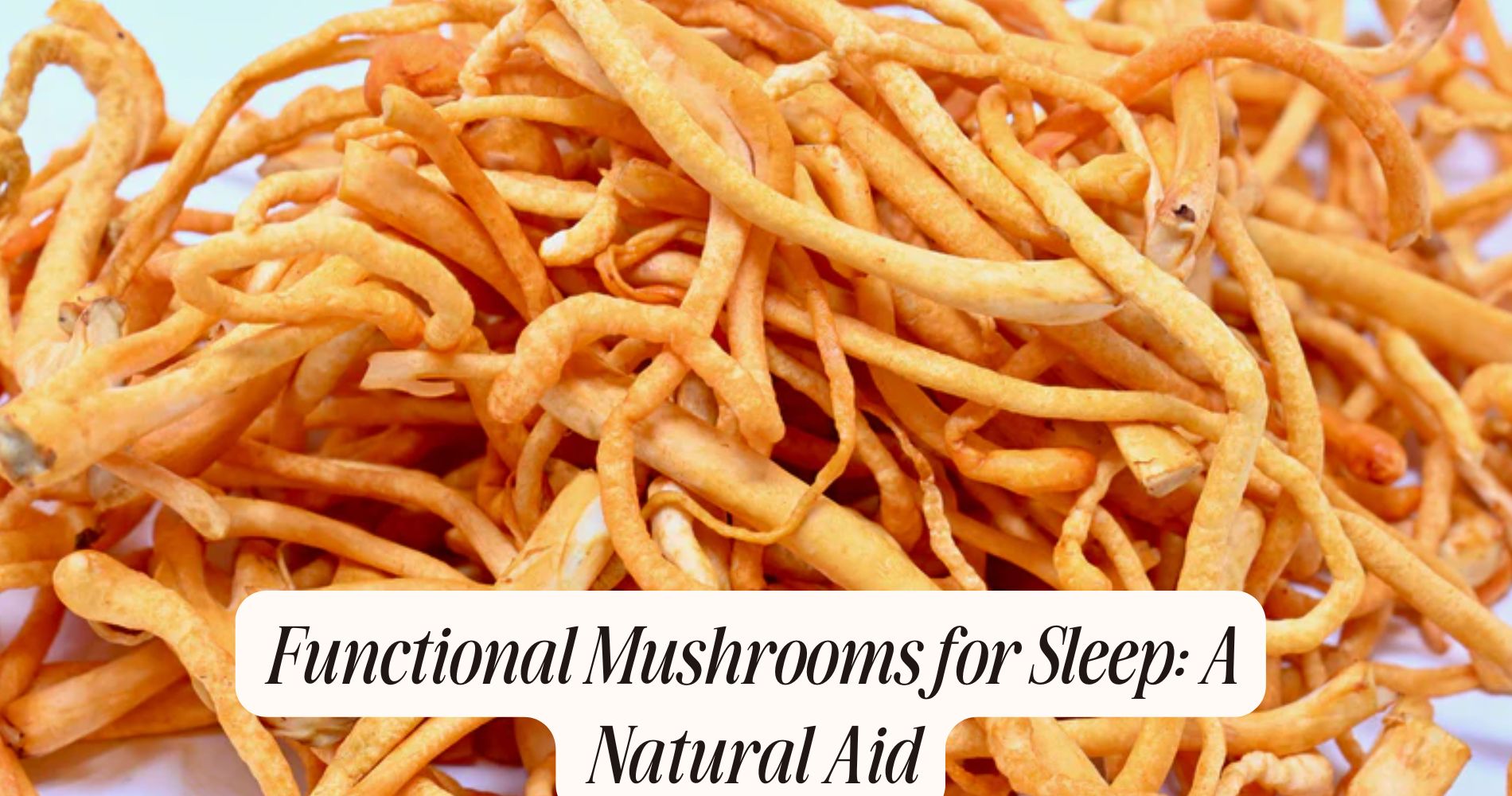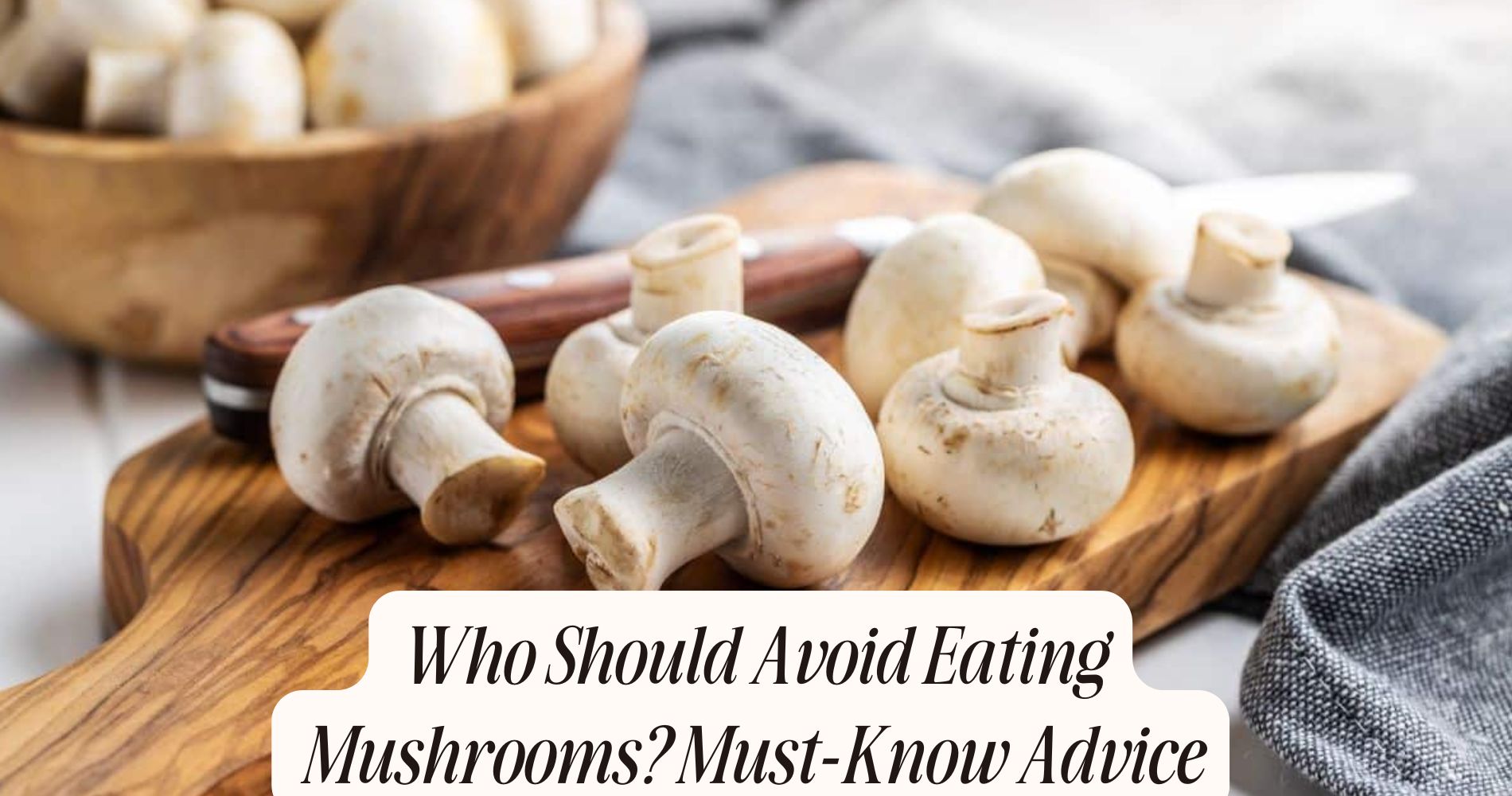
Can Psychedelic Mushrooms Cause Liver Damage? Facts
Can psychedelic mushrooms cause liver damage? Psychedelic mushrooms have distinct therapeutic benefits, but they can also present risks for liver health. While psilocybin itself shows low toxicity, some studies indicate that elevated liver enzymes may signal inflammation or injury after consumption. This risk is particularly relevant for individuals with pre-existing liver conditions. Regular use could potentially impact liver function, necessitating monitoring and caution. Using low doses in controlled environments is advisable, especially for those with liver issues, to mitigate any adverse effects. If you're curious about the implications for your health, there's more to explore about the relationship between psychedelics and your body.
Overview of Psychedelic Mushrooms
Psychedelic mushrooms, primarily containing the active compound psilocybin, have garnered increasing attention for their potential therapeutic benefits and unique psychoactive effects.
These mushrooms have been used historically for centuries in various cultures, often in spiritual or religious contexts. Indigenous peoples in Mesoamerica, for instance, utilized them for healing rituals and as a means to connect with the divine.
The psychedelic effects of psilocybin can induce a range of experiences, from enhanced sensory perception to profound emotional insights. Research indicates that these effects can lead to significant changes in mood, anxiety, and mental health conditions, such as depression and PTSD.
Studies have shown that psilocybin can promote neuroplasticity, allowing the brain to form new connections, which may be beneficial in therapeutic settings.
Despite the growing body of evidence supporting the use of psychedelic mushrooms, it's essential to approach their use knowledgeably and cautiously.
Understanding their historical context and the nature of their effects can help you navigate the complexities of their therapeutic potential. By grounding your exploration in research and historical knowledge, you can make informed decisions about their use in various contexts.
Understanding Liver Function
The liver plays a significant role in maintaining overall health, serving as a key organ in metabolism, detoxification, and nutrient processing. It's responsible for converting nutrients from the food you eat into essential substances your body needs, such as proteins and energy. In addition, the liver helps metabolize drugs and alcohol, filtering out toxins to keep your system functioning effectively.
Liver health is important for sustaining various metabolic processes. For instance, the liver regulates glucose levels by storing and releasing glycogen as needed, influencing energy balance. It also synthesizes proteins essential for blood clotting and immune function. Any disruption in liver function can lead to significant health issues, including metabolic disorders.

Moreover, the liver plays a central role in fat metabolism, breaking down fatty acids and producing cholesterol. When liver health is compromised, these metabolic processes can become impaired, leading to conditions like fatty liver disease or cirrhosis.
Understanding the liver's functions emphasizes the importance of maintaining its health, as it directly impacts your overall well-being. Prioritizing liver health can help you avoid complications that stem from metabolic dysfunction.
Research on Liver Damage
Numerous studies have examined the relationship between various substances and liver damage, highlighting the significance of understanding the potential risks associated with their use.
When it comes to psychedelic mushrooms, the focus has often been on their psychoactive compounds rather than their potential for mushroom toxicity. However, emerging research suggests that certain species may pose risks to liver health.
Liver enzymes play an important role in evaluating liver function and damage. Some studies indicate that the ingestion of specific mushrooms can lead to elevated liver enzymes, signaling potential liver injury.
For example, reports have documented cases where users experienced abnormal liver enzyme levels after consuming certain mushroom varieties.
While psilocybin, the primary active compound in many psychedelic mushrooms, hasn't shown direct links to liver damage in controlled studies, the chemical composition of mushrooms varies greatly.
This variability means that some species could contain hepatotoxic compounds, which might contribute to liver dysfunction.
As a result, it's vital to approach mushroom consumption with caution and awareness of potential risks, especially concerning those with pre-existing liver conditions.
Potential Risks and Side Effects
When considering psychedelic mushrooms, it's essential to understand their potential risks and side effects, particularly regarding liver function.
Research indicates that the metabolism of these substances can lead to toxicity, which may impact long-term health.
Liver Function Implications
Psychedelic mushrooms may carry potential risks for liver function that warrant careful consideration. While many users report positive experiences, it's significant to analyze how these substances interact with your liver. The liver plays a key role in metabolizing various compounds, including psilocybin—the active ingredient in psychedelic mushrooms. During this detoxification process, liver enzymes are engaged to break down substances.
However, some studies suggest that psychedelic mushrooms might lead to increased liver enzyme levels, indicating a possible strain on liver function. Elevated liver enzymes can signal inflammation or damage, which could compromise the liver's ability to detoxify effectively.

If you have pre-existing liver conditions or consume alcohol or other drugs, the risks might be amplified. It's essential to keep these factors in mind, as compromised liver function can have far-reaching implications for your overall health.
Monitoring your liver health, especially after using substances like psychedelic mushrooms, is a prudent step. Consulting with a healthcare professional can help you better understand your individual risks and the impact on liver function, ensuring you make informed decisions regarding your health.
Toxicity and Metabolism
The potential toxicity and metabolism of psychedelic mushrooms raise important concerns regarding their safety and side effects. While many users report positive experiences, understanding the toxicity thresholds is vital for minimizing risks. Psilocybin, the active compound in these mushrooms, undergoes various metabolic pathways in your body, primarily converting into psilocin, which affects serotonin receptors.
Research indicates that the toxicity of psilocybin is relatively low compared to other substances. However, individual factors like body weight, pre-existing health conditions, and concurrent substance use can influence how your body metabolizes these compounds. This variability means that some users may experience adverse effects, including nausea, anxiety, or even more severe reactions, particularly if they exceed their personal toxicity thresholds.
Additionally, while there's limited evidence linking psilocybin to direct liver damage, understanding its metabolic pathways is fundamental. These pathways can interact with liver enzymes, potentially affecting how your liver processes other substances.
As a result, if you're considering using psychedelic mushrooms, it's critical to be aware of these factors to make informed decisions and mitigate potential risks. Always consult healthcare professionals if you have any concerns regarding their use.
Long-Term Health Effects
Long-term use of psychedelic mushrooms can lead to a range of health effects that warrant careful consideration. Research indicates that while many users report positive experiences, there are notable long-term effects and health implications to ponder. Prolonged use may result in persistent changes in mood and perception, which can complicate daily functioning and emotional well-being.
Additionally, users might experience psychological issues such as anxiety or depression. Some studies suggest that frequent consumption can lead to hallucinogen persisting perception disorder (HPPD), where visual disturbances continue long after the substance is out of the system. These effects can be distressing and may require professional intervention.
There's also concern about the potential for dependency, although psychedelics like psilocybin are generally considered to have a lower risk compared to other substances. However, misuse can still lead to harmful patterns of behavior.
Moreover, the long-term effects on liver health remain understudied, necessitating further research to fully understand the implications of regular use.
Being aware of these potential risks can help you make informed decisions regarding psychedelic mushroom consumption.
Expert Opinions and Insights
When examining the relationship between psychedelic mushrooms and liver health, it's essential to take into account findings from liver function studies.
Experts emphasize the importance of understanding how these substances may affect liver function, especially in individuals with pre-existing conditions.
Their insights can guide safer usage and inform further research on the potential risks involved.
Liver Function Studies
Liver function studies play an important role in evaluating the impact of substances like psychedelic mushrooms on hepatic health. These studies typically measure liver enzymes, which serve as indicators of liver function and potential damage. Elevated liver enzyme levels can signal inflammation or injury, prompting further investigation into the substance's effects on the liver.
When you consume psychedelic mushrooms, the liver engages in the detoxification process to metabolize the compounds, specifically psilocybin and psilocin. Understanding how your liver responds to these substances is vital, as prolonged exposure could lead to adverse effects.
Researchers often analyze enzyme levels such as alanine aminotransferase (ALT) and aspartate aminotransferase (AST) to assess liver health.
In clinical studies, some findings suggest that while occasional use of psychedelic mushrooms may not markedly impact liver function, there are instances where individuals with pre-existing liver conditions might experience heightened risks.
Consequently, it's important to evaluate individual health factors and existing liver conditions when assessing the potential for liver damage from psychedelic mushroom use.
Ultimately, ongoing research and thorough liver function studies will provide clearer insight into these substances' long-term effects on hepatic health.
Expert Safety Perspectives
Understanding the potential risks associated with psychedelic mushroom use requires insights from experts in the field. Many professionals emphasize that while adverse effects are relatively rare, they're not non-existent.
Expert insights suggest that the active compounds in these mushrooms, primarily psilocybin, haven't been conclusively linked to liver damage, but the lack of thorough studies means caution is warranted.
Experts advocate for stringent safety protocols. They recommend starting with low doses, especially for individuals with pre-existing liver conditions or those taking medications metabolized by the liver. Monitoring liver function before and after consumption can provide additional safety assurance.

Moreover, some experts stress the importance of sourcing mushrooms from reputable suppliers to mitigate risks associated with contamination or misidentification. They also highlight the need for further research to fully understand the long-term effects of psilocybin on liver health.
In essence, while current evidence doesn't definitively indicate that psychedelic mushrooms cause liver damage, expert insights reinforce the necessity of adopting safety protocols. This approach can help promote a safer experience for users while contributing to a growing body of research in the field.
Safe Usage Guidelines
Although many people are drawn to the potential therapeutic benefits of psychedelic mushrooms, ensuring safe usage is essential to minimize risks, including liver damage.
To start, it's vital to adhere to dosage recommendations. Research indicates that lower doses, typically between 1 to 3 grams of dried mushrooms, are less likely to cause adverse effects, including potential liver stress. Always consider your body weight, age, and overall health when determining the appropriate dosage.
User experiences can vary greatly, so it's wise to approach this substance with caution. Some individuals report negative reactions, particularly at higher doses, which can lead to nausea or other health concerns.
It's advisable to consume these mushrooms in a safe, controlled environment and ideally with a trusted friend or sitter present.
Additionally, if you have pre-existing liver conditions or are taking medications that affect liver function, consult a healthcare professional before use.
Keeping a journal of your experiences can also help you understand how your body reacts over time, allowing for informed adjustments to future usage.
Frequently Asked Questions
Are Psychedelic Mushrooms Addictive or Habit-Forming?
Psychedelic mushrooms aren't considered addictive or habit-forming. You might develop mushroom tolerance with frequent use, but withdrawal symptoms are rare. Research suggests they don't create physical dependence like many other substances do.
Can Mushroom Potency Vary Between Different Species?
Yes, mushroom potency can vary greatly between different species. Each species contains unique compounds, which influence their psychoactive effects. Understanding these variations is essential for anyone interested in the potential experiences offered by different types of mushrooms.
Are There Any Long-Term Effects of Mushroom Use?
When considering long-term effects, research suggests that mushroom therapy may lead to changes in perception and mental health. However, more studies are needed to fully understand the potential benefits and risks associated with prolonged use.
How Do Psychedelic Mushrooms Interact With Other Substances?
Psychedelic mushrooms can interact with various substances, leading to mushroom synergy. Combining them with stimulants or depressants might enhance or alter effects, so it's essential to understand potential substance interactions for safety and desired outcomes.
What Are Common Symptoms of Mushroom Poisoning?
When you experience mushroom toxicity, common poisoning symptoms include nausea, vomiting, diarrhea, abdominal pain, and confusion. Recognizing these signs early can be essential for seeking appropriate medical intervention and preventing severe health consequences.
Conclusion
While psychedelic mushrooms, particularly psilocybin, have shown minimal direct links to liver damage in most studies, individual responses can vary greatly. Factors such as dosage, frequency of use, and personal health conditions play vital roles in potential risks. It's important to approach their use with caution, acknowledging the lack of thorough research on long-term effects. Prioritizing informed decisions and consulting with healthcare professionals can help mitigate risks, ensuring a safer experience with these substances.




